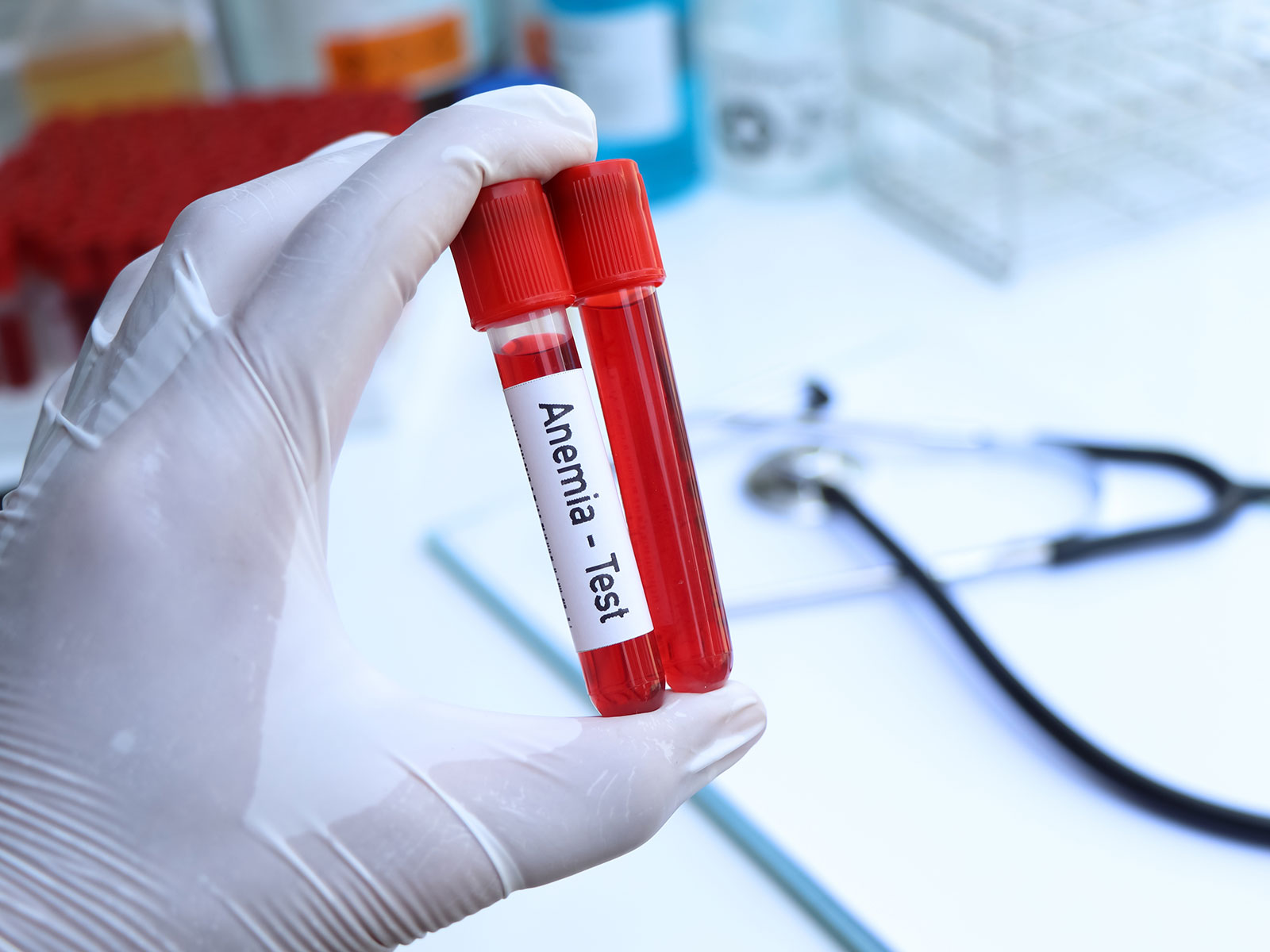
Anemia is the situation, which occurs when your body does not have the necessary healthy red blood cells or hemoglobin to deliver enough oxygen to the body tissues. This loss often can lead to exhaustion, debilitation and other symptoms that can affect the life.
The symptoms can be comprised of any of the following but can mostly be in varying degrees:
Anemia has very many causes. The most common include:
Do not accept fatigue and dizziness-our anemia experts in Houston will offer customized and ICD-10-based treatment through the prism of complex and specialized testing and targeted interventions. Vitamin supplement, iron therapy, blood transfusion and GI assessment, we are monitoring you everywhere. Get your health into your own hands: get a reservation with GastroDoxs and get better again.
We've successfully treated more than 6.4K patients, helping individuals improve their digestive health and overall well-being through expert, personalized care.
With over 20 years of experience, GastroDoxs has been a trusted provider of gastroenterology care, focusing on delivering the best outcomes for patients
The most prevalent code is D50.9 of iron deficiency anemia. D50.0 (iron deficiency anemia secondary to blood loss) or D50.8 (other iron deficiency anemias) teaching specific cases can also be found.
Blood transfusion is recommended in case of which the amount of red blood cells in your body is extremely low or you suffer so severe symptoms as extreme weakness, absence of breath, or dizziness.
A diet change will be beneficial, but in the short term the majority of the patients will require iron supplements (pills or liquids) that restore normal iron levels over a brief period.
Normocytic anemia is a scenario in which there is the normal volume of red blood cells, with the number of normocytes being low. It is a common observation of the chronic disease cases and is coded as D63.8 or D64.9.
Many patients with iron therapy, vitamin injections, or other specific treatment start iron therapy and feel better and have reducing symptoms in 2-4 weeks of iron treatment.
D63.0 (anemia of chronic disease) is directly linked with such diseases as the kidney or liver disease. D64.9 is persistent and non-specific chronic anemia.
Yes. A gastroenterologist can identify and remedy internal bleeding (e.g. of ulcers or polyps), which may cause your anemia.
Normal tests entail complete blood count (CBC), iron studies, vitamin B12 and folate levels and in select few instances, endoscopy involving checking GI bleeding.
Yes. Transfusion is, as it were, quite safe. Other side effects that are unique and one that is closely observed by medics comprises of mild allergic reaction or fever.
You can directly contact GastroDoxs or you can book online through our site whereby you can get an appointment with one of our specialists in anemia.